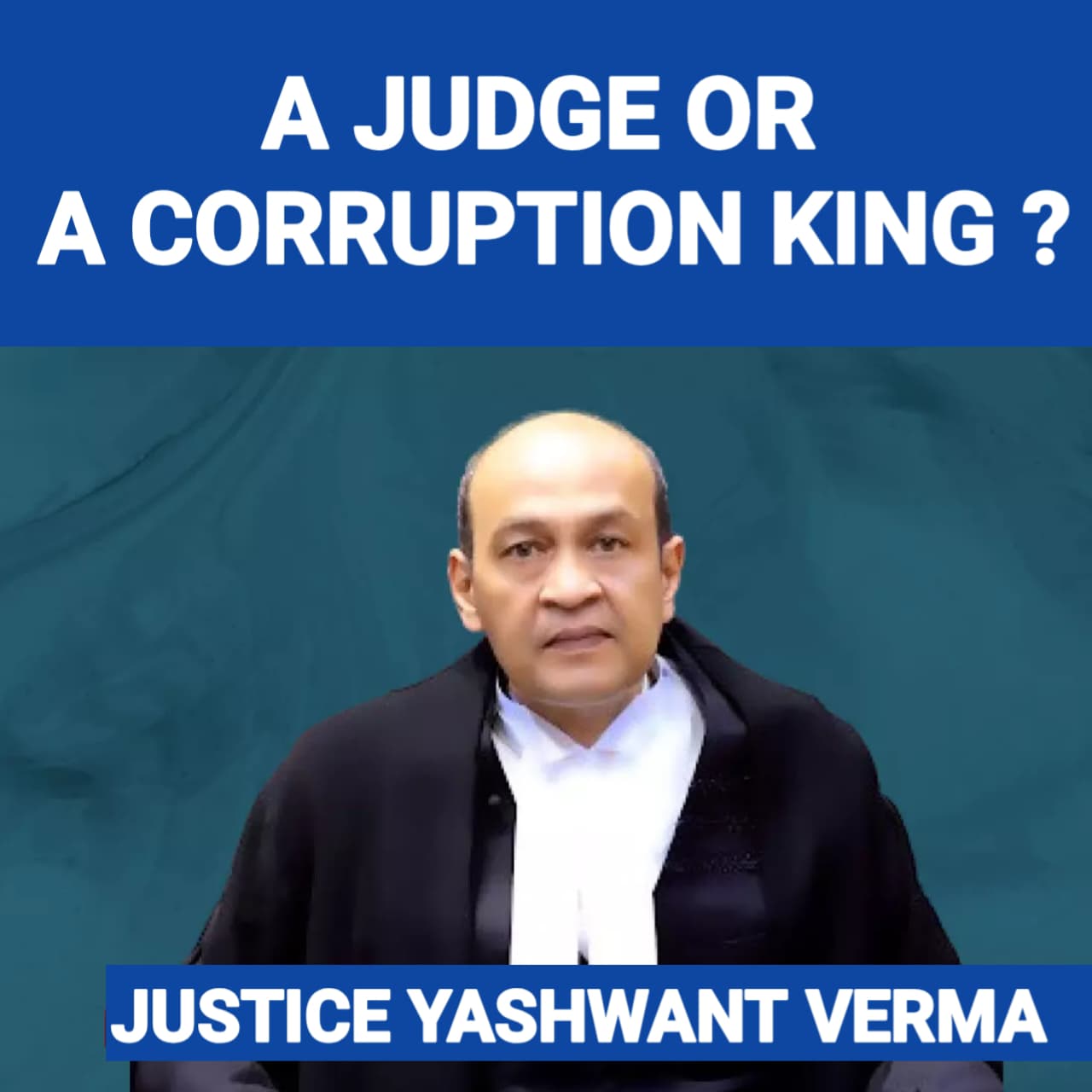Introduction
The Indian judiciary has upheld the highest standards of integrity and independence. However, recent events have put the system under scrutiny. A fire at the residence of Delhi High Court Judge Yashwant Verma led to the discovery of a significant sum of cash, triggering an immediate inquiry by the Supreme Court. This incident has raised concerns over judicial accountability, ethical responsibilities, and the mechanisms in place to ensure transparency in the judiciary.
Incident Overview
On March 14, 2025, a fire broke out at Justice Yashwant Verma’s official residence in Delhi. While fire station officials were responding to the emergency, they discovered a substantial amount of cash hidden within the premises. Reports suggest that the amount could be in crores, though official confirmation is awaited.
Following this revelation, the Supreme Court Collegium, led by Chief Justice Sanjiv Khanna, took swift action. Justice Verma was immediately transferred to the Allahabad High Court, and an internal judicial probe was initiated to determine the origins of the cash and any possible misconduct.
Legal and Judicial Repercussions
The discovery of unaccounted cash at the residence of a sitting High Court judge has serious legal and ethical implications. Under the Judges (Inquiry) Act, 1968, there are strict provisions regarding judicial misconduct, and any wrongdoing by a judge can lead to an in-house inquiry or, in extreme cases, impeachment under Article 124(4) and 217(1)(b) of the Indian Constitution.
Key Legal Questions Arising from the Case
1. Source of the Cash: Authorities must determine whether the cash was earned through legitimate means or if it was linked to corruption, bribery, or money laundering.
2. Breach of Judicial Ethics: The Restatement of Values of Judicial Life (1999) emphasizes financial transparency for judges. Any undisclosed wealth could be seen as a violation of these ethical guidelines.
3. Criminal Investigation: If the Enforcement Directorate (ED) or the Central Bureau of Investigation (CBI) steps in, Justice Verma could be subject to proceedings under the Prevention of Corruption Act, 1988, and the Prevention of Money Laundering Act, 2002.
Political and Public Reactions
The incident has been noticed in political circles. The Congress party has demanded a full-fledged investigation, stating that a mere transfer to another High Court does not amount to accountability. Political leaders argue that if similar allegations were made against government officials or private individuals, immediate legal action would have been taken. The case has also sparked debates about whether the judiciary enjoys excessive immunity from criminal investigations.
Public perception of the judiciary is crucial in a democracy. Cases like these, if not handled transparently, could lead to an erosion of trust in the judicial system.
Judicial Independence vs. Accountability
The case reignites the debate on balancing judicial independence with accountability. The Indian judiciary has mechanisms such as the in-house procedure for judicial misconduct, but critics argue that such self-regulation may not always be sufficient. Some legal experts have called for an independent Judicial Complaints Commission to ensure unbiased inquiries into allegations of judicial corruption.
Possible Outcomes of the Case
1. Exoneration: If the inquiry finds that the cash had a legitimate source, Justice Verma could be reinstated without further consequences.
2. Judicial Censure: If procedural lapses are found but no criminal activity is proven, he may receive a formal warning or be asked to resign.
3. Criminal Prosecution: If wrongdoing is confirmed, Justice Verma could face legal action under anti-corruption and money-laundering laws, which could lead to removal from judicial office and possible imprisonment.
Conclusion
The judiciary in India is held to the highest standards of ethics and accountability. The case involving Justice Yashwant Verma is a crucial test of the legal system’s ability to investigate its own members transparently. A thorough and impartial investigation is necessary to uphold the credibility of the judiciary. The coming weeks will determine whether this case sets a precedent for greater judicial accountability or highlights gaps in the system that need urgent reform.
About Author

Varsha Arote, A socially conscious and driven law student from Nashik,Maharashtra, aspires to practice at the honourable supreme court and have a deep interest in both the civil and criminal matters. Additionally varsha arote, has a deep passion for legal research and legal writing.

